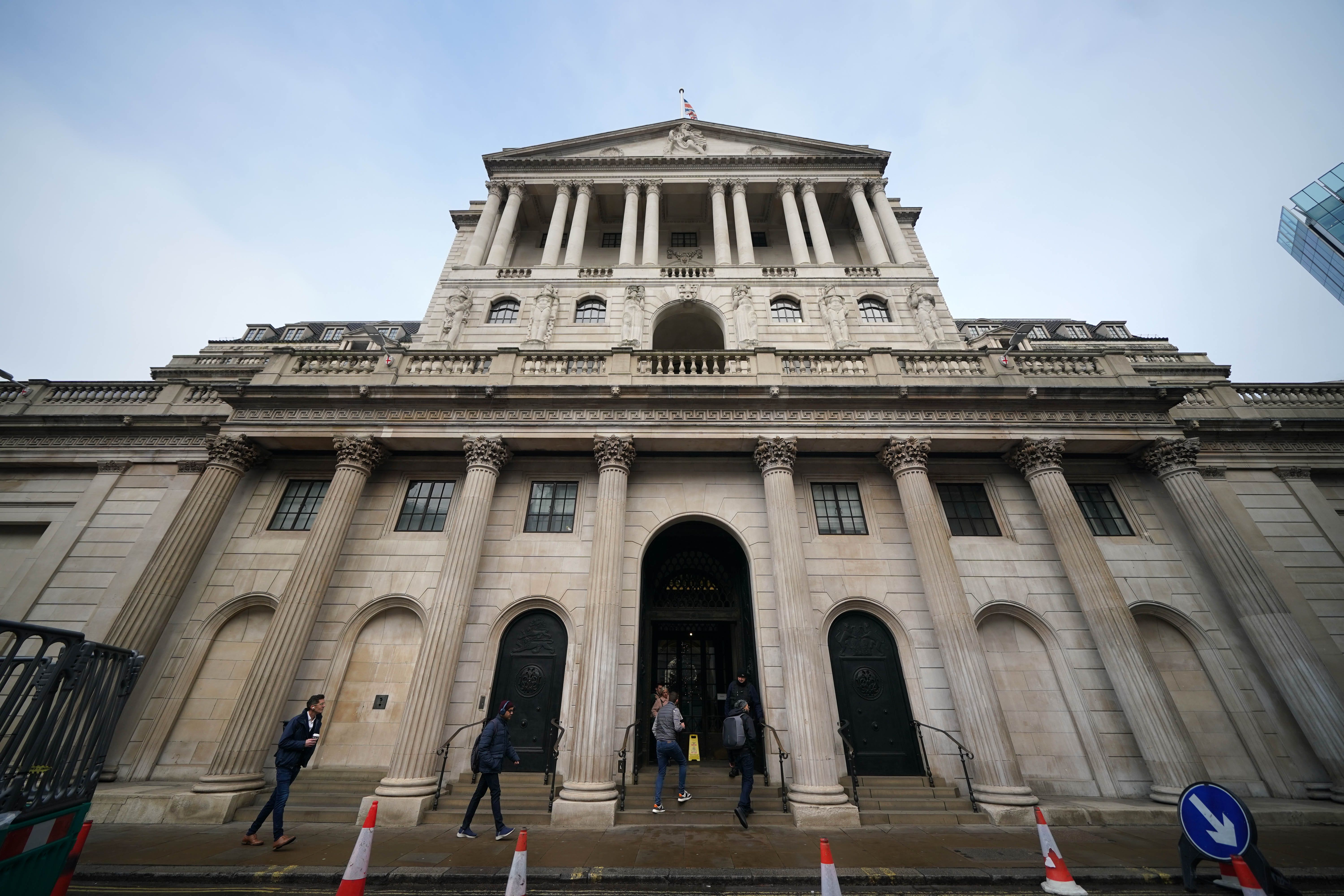UK risks more persistent inflation than Europe or US, warns Bank rate setter
Britain had faced an inflation ‘double whammy’, Megan Greene said.

Your support helps us to tell the story
From reproductive rights to climate change to Big Tech, The Independent is on the ground when the story is developing. Whether it's investigating the financials of Elon Musk's pro-Trump PAC or producing our latest documentary, 'The A Word', which shines a light on the American women fighting for reproductive rights, we know how important it is to parse out the facts from the messaging.
At such a critical moment in US history, we need reporters on the ground. Your donation allows us to keep sending journalists to speak to both sides of the story.
The Independent is trusted by Americans across the entire political spectrum. And unlike many other quality news outlets, we choose not to lock Americans out of our reporting and analysis with paywalls. We believe quality journalism should be available to everyone, paid for by those who can afford it.
Your support makes all the difference.The threat of persistent inflation is bigger in the UK than in Europe and the US, a Bank of England rate setter has said.
Megan Greene warned that the UK had faced a “double whammy” in dealing with both a tight jobs market and a trade shock.
She said that the supply side of the market in the UK had been left weaker than in the US in recent years because of Brexit and the pandemic.
The UK has faced the double whammy of a terms-of-trade shock even larger and longer lasting than in the EU, alongside a tight labour market like in the US. Inflation persistence is therefore a greater threat here
Normally this would have meant the UK faced higher inflation as a result, but at the same time demand was weaker than in the US, which had evened things out.
“The UK has faced the double whammy of a terms-of-trade shock even larger and longer lasting than in the EU, alongside a tight labour market like in the US,” Ms Greene said.
“Inflation persistence is therefore a greater threat here.”
In light of the persistence of UK wage and services price pressures, which stand out in international comparisons, I think policy will need to remain restrictive for some time in order for inflation to sustainably return to target
Ms Greene added: “Shocks from Brexit and the pandemic have left UK supply much weaker than in the US in recent years and over the outlook period.
“All else equal, this would mean inflationary pressures are greater in the UK. But UK demand has been weaker than in the US as well.”
Ms Greene, who is a member of the interest rate-setting Monetary Policy Committee, said that rates were currently “restrictive” in the UK.
She said that she was not yet ready to start voting for interest rates to be cut.
I would need to see further evidence that inflation persistence is less embedded than previously feared before I would consider voting to loosen policy
“In light of the persistence of UK wage and services price pressures, which stand out in international comparisons, I think policy will need to remain restrictive for some time in order for inflation to sustainably return to target,” she said.
“Recent signs of persistence starting to ease are encouraging, and I judge that current policy is sufficiently restrictive to bring inflation back to target in the medium-term.
“I would need to see further evidence that inflation persistence is less embedded than previously feared before I would consider voting to loosen policy.”